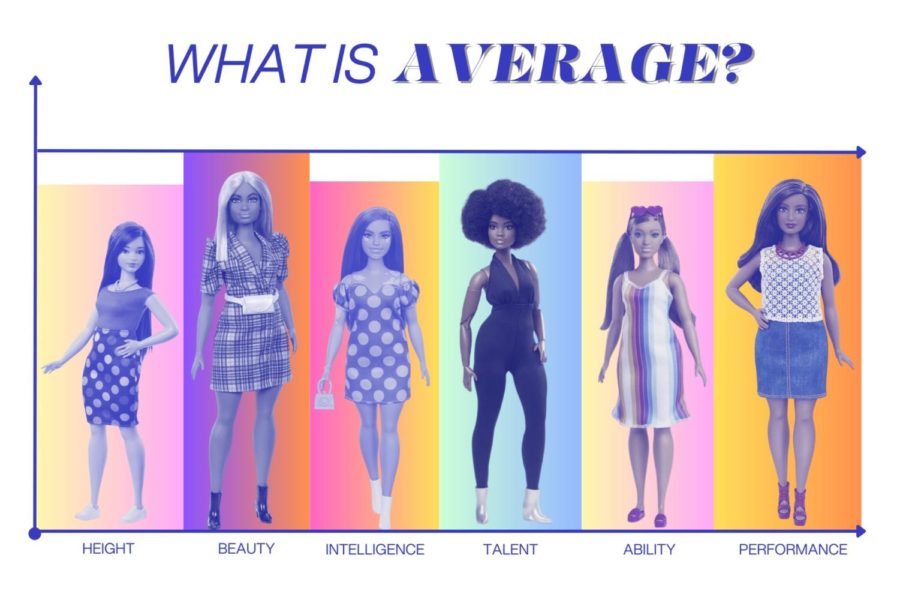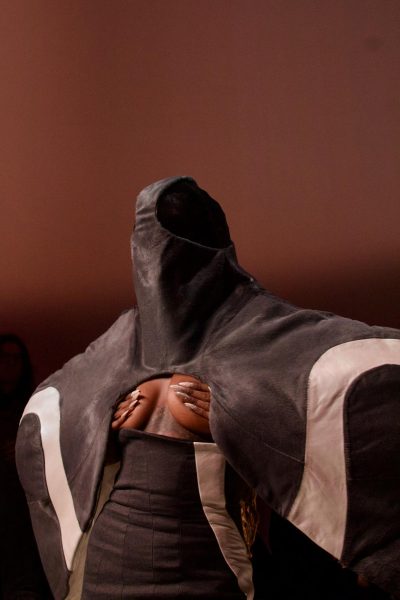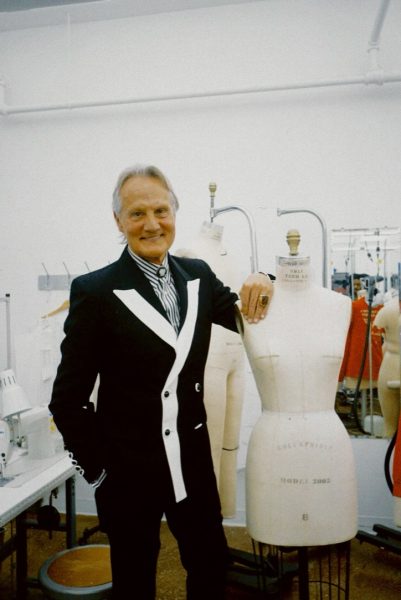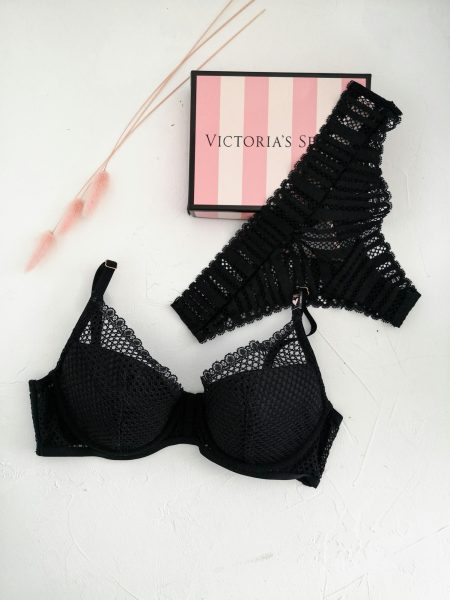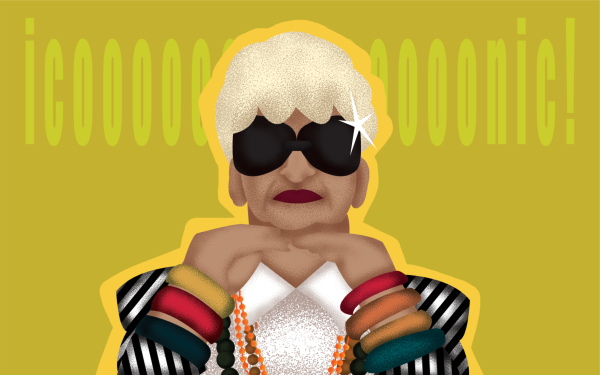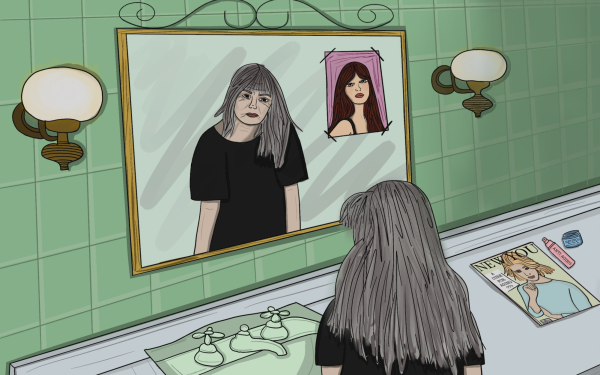coming to terms with being average
Growing up, many of us were told “you’re special.” While true to an extent, many of us do not excel at any certain thing. So if we’re not special, what are we? Average? Ordinary? Yes. It’s unpleasant to think about, but why? It’s not like any particular person is below average, so why are we so afraid of it?
Two major factors played into my belief that I needed to be beyond average. First, almost every protagonistic character has some sort of it factor that gives them the authority to belong on their quest. There’s a reason “the chosen one” narrative has been played out over and over. Each character is special, unique. They possess some superpower. Maybe the character is particularly brave or beautiful or kind.
Whatever it may be, they were chosen because of what makes them stand out from the crowd. Who wants to be the background character? But, as much significance as this main character concept plays in our society, the bravery needed to fight a dragon doesn’t come up often in day to day life. Something that may be more unusual than this main character trope, but also hits closer to home, is the American Girl doll franchise.
It sounds silly, but there was something about the historical and Girl of the Year characters that always struck a chord with me. All of them had a thing that they performed, or an activity that they were so good at, and I just didn’t. For example, the 2008 Girl of the Year was an ice skater that was so good she went to regionals. Half of the characters had some sort of cause they fought for, like creating campaigns against bullying or environmentalism – which seemed huge and unattainable to my pre-teen self. They seemed so accomplished and established, of course they did, they were characters written by adults specifically to inspire children. Though I’ve long since exiled my dolls into storage, I still feel plagued by the inferiority complex I picked up in my youth.
In our current social climate that puts such an emphasis on aesthetics, it doesn’t feel OK to look average. As much as Theodore Roosevelt’s quote “comparison is the thief of joy” rings true, he also didn’t grow up with social media and thus the constant bombardment of beautiful people.
We all know that Instagram is fake, but when everyone is faking it, when does it become reality, and if nothing else, something you still have to compete with? A couple months ago, I kept seeing videos of people getting asked to rate themselves, or others, out of 10, and more often than not, someone would be offended if they got a 5/10. At first thought, I would also be offended, but then I stopped and asked myself, what’s so wrong with that? A 5/10 is in the middle of this socially constructed attractiveness spectrum, so why would any random person be above that?
Unfortunately, our expectations for what should be counted as beauty has also become a victim of inflation. It’s not enough to be average in looks because no one on social media is. Everyone is doing lengthy, expensive skin care rituals behind bathroom doors to project perfection even without a filter. In turn, the concept of beauty and perfection has risen, and with it, the average of beauty has also risen. Our expectations have bloomed out of control, to a new level no one can really compete with, and thus settling nearly every non-wealthy person back to average.
Schooling is another place that many fear being average in, but grade expectations are also experiencing inflation. According to a study reported by Edsurge.com “the average high school GPA increased 0.19 grade points, from 3.17 in 2010 to 3.36 in 2021.” Most articles about grade inflation were concerned that these higher grades are due to school curriculums becoming easier. But I wonder if it’s actually due to students putting in more work to excel in school to be “the best.” This cycle of students working to be above average, causing it to go up, is never ending. It already feels unattainable, and soon it’ll feel impossible to be anything more than average.
The remnants of my competitive high school environment has left me fearful of not being a top student in my classes, let alone just sitting at an average GPA. I worked hard in high school out of an obligation to not be average. One of the results was being a member of National Honor Society (NHS) which may sound like an achievement, above average one may say, except for the fact that more than half of my graduating class of 288 students were in NHS. Once again, this brought something once considered “above average” to average.
If we continue trying to beat this ever-growing “average,” then we’ll never be happy. A simple Google search of the two words “being average” leads you to a page that reads “35 Inspirational Quotes On Being Average,” which I hoped were going to tell me it was OK, but instead it was 35 quotes inspiring someone to be an achiever of dreams. Number 16 on the list said, “The worst thing you can be is average,” which is certainly not true.
I was hoping to find support from an article published by the Harvard Business Review titled “Ask an Expert: How Do I Deal with Being Average,” and I almost did, until the article went on to question which curiosities of yours could you improve on, become above average on? Even the expert couldn’t be OK with being average. I suppose he’s above average… being an expert and all.
The truth of the matter is, nearly all of us are going to be average. That’s OK. The world doesn’t need eight billion revolutionaries. “Average” to so many people has a negative context, often synonymous with settling, but is that so bad? With “expectation inflation” constantly growing, average becomes less and less OK, but by acknowledging this, we can also acknowledge the falsity of this inflation, and dismantle the negative narrative that these growing expectations push on us. Though some may still shoot toward being special, average is not a bad place to land.
Support Student Media
Hi! I’m Catie Pusateri, A Magazine’s editor-in-chief. My staff and I are committed to bringing you the most important and entertaining news from the realms of fashion, beauty and culture. We are full-time students and hard-working journalists. While we get support from the student media fee and earned revenue such as advertising, both of those continue to decline. Your generous gift of any amount will help enhance our student experience as we grow into working professionals. Please go here to donate to A Magazine.

